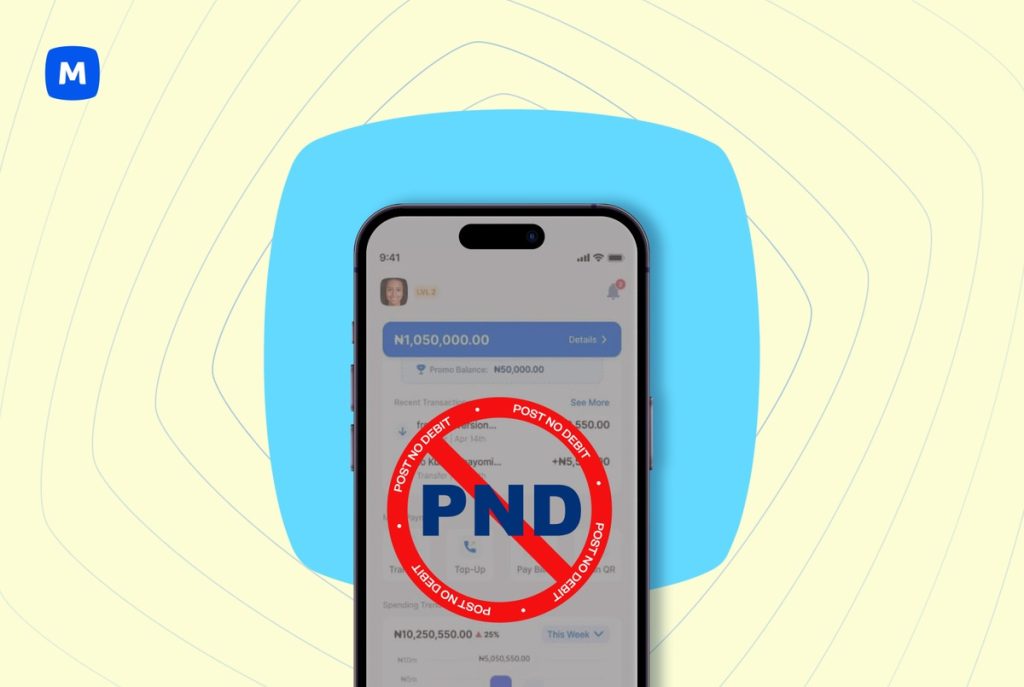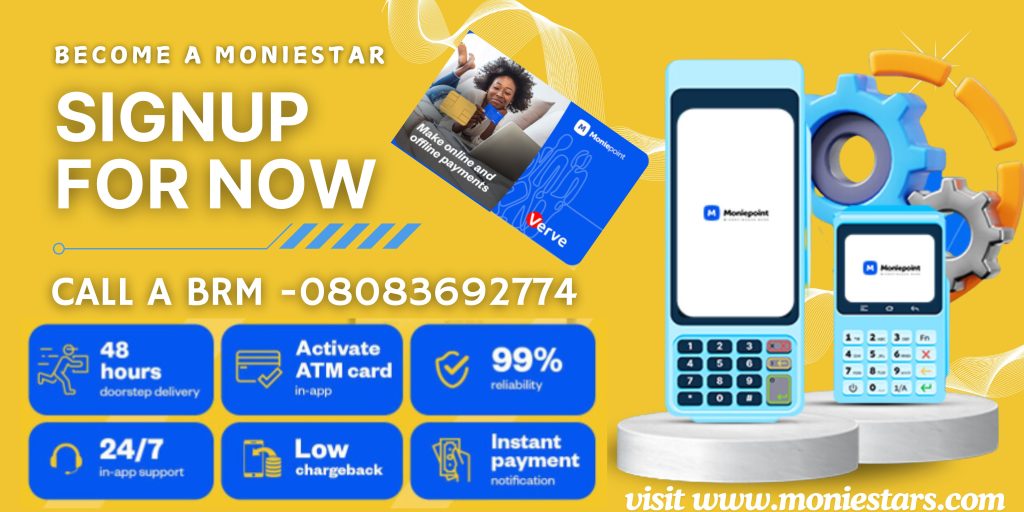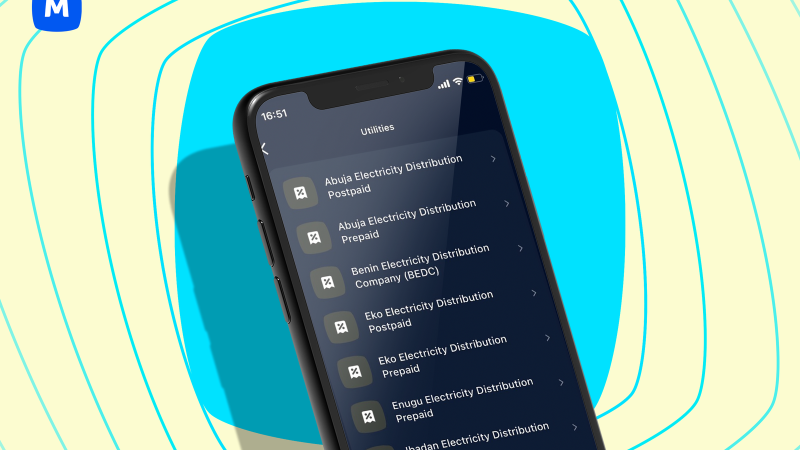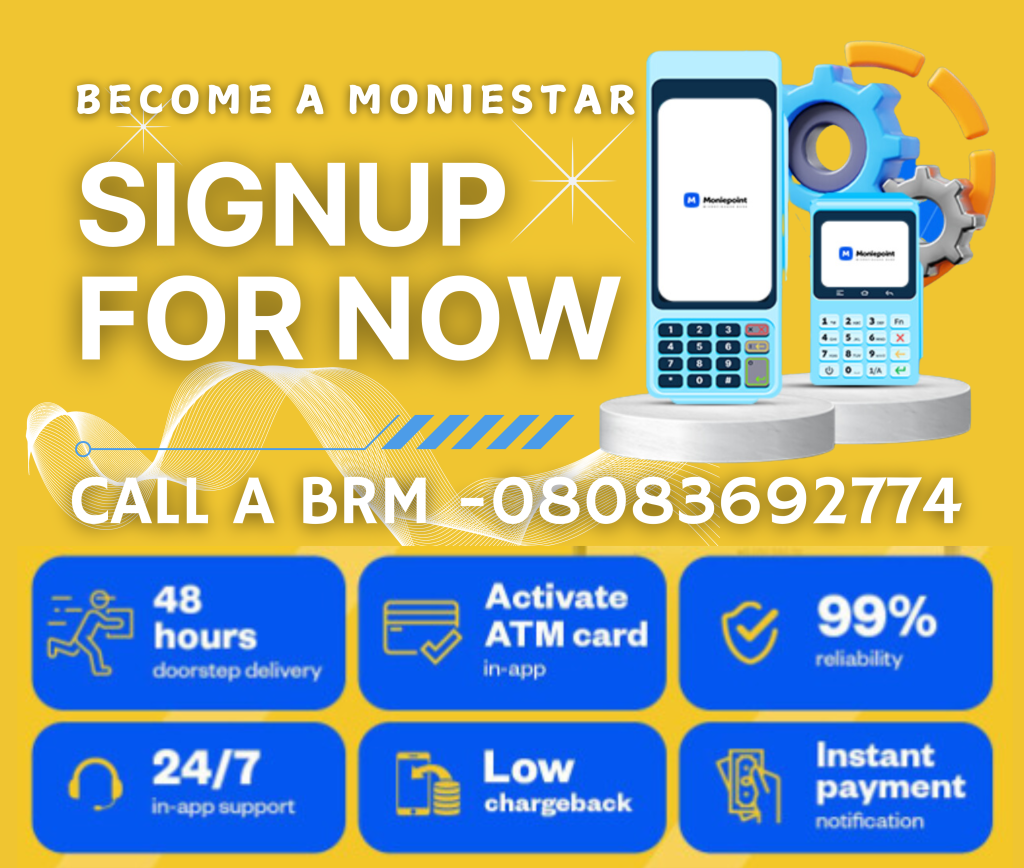Understanding PND in Moniepoint Accounts

Restricted Account: What is PND in Moniepoint?
by Moniepoint MFB
What is PND in Moniepoint.jpg
As a Moniepoint Personal and Business account holder, your account can be restricted and issued a PND. Although this can hinder your desired transfer, it’s essential to pay attention to the reason it’s issued and how to rectify it.
Let’s look at what a PND is in Moniepoint, the various reasons you might encounter one, and how to resolve them.
What is PND?
A PND or “Post No Debit” is a restriction that prevents you from withdrawing or making debits from an account. Simply put, when a PND is placed on your account, you cannot transfer money, pay bills, or make any form of payment using that account.
However, you can still receive deposits, meaning money can come in but can’t go out.
Getting a PND indicates that your account has triggered some fraudulent or compliance issues.
Here are some of the reasons you might get a PND on your Moniepoint account;
1. Scheme Rule Violation
A violation of scheme rules is one of the most common reasons your account can get a PND restriction. Scheme rules are guidelines set by Moniepoint and regulatory bodies like the Central Bank of Nigeria. These rules govern the conduct of financial transactions, ensuring security and transparency.
A breach of the scheme of rules can occur if your account is involved in any suspicious transaction that violates Moniepoint’s policies.
For instance, engaging in money laundering and not inputting your correct details in your KYC verifications, among others, can violate Moniepoint’s scheme rules. Once these occur, a PND can be placed as a preventive measure for further investigation.
If the account holder is found guilty of suspicious activity, their account gets suspended, but if proven innocent, they will need to provide adequate information to clear their names.
2. Stolen Phone or Terminal
Losing your phone or terminal could mean exposing your sensitive financial data to unauthorised individuals. In such cases, Moniepoint can issue a PND at your request to protect your funds from being tampered with by someone else.
It’s essential to take this measure, as losing your mobile device can allow an authorised person to access your bank app and financial information. You can avoid this by reporting to Moniepoint, proving your ownership, and following the required security protocols to regain access to your account.
3. Fraudulent Inflow & Outflow of Funds
Another reason you can see a PND is suspicious or fraudulent fund inflows and outflows. This can occur when significant money suddenly enters or leaves your account without a clear, legitimate source or destination.
Fraudulent transactions are red flags for financial institutions like Moniepoint, and these unusual patterns can indicate money laundering, scams, or other illegal financial activities. If you believe the inflows or outflows are legitimate, it is important to contact your support officer with evidence of the transactions, such as invoices, receipts, or communication that validates the sources.
4. Restriction Placed by BRM Due to Terminal Issue or Target Issue
Sometimes, PND restrictions are enforced by the Branch Relationship Manager (BRM) due to technical issues with the terminal or specific target problems related to the account.
This can occur when the system identifies inconsistencies or discrepancies that require immediate action. While this type of restriction is less common, it shows how even technical or system-based issues can cause a PND restriction.
Ensure that you cooperate with Moniepoint’s investigation team by submitting additional documentation to clarify and rectify the issue.
5. Erroneous Transaction
An erroneous transaction can easily trigger a PND restriction. This can happen when money is mistakenly credited or debited to/from your account due to a system malfunction or human error.
If we discover an error, our system may apply a PND until the funds are returned or verified. Rest assured that providing adequate documentation or clarification can speed up the resolution process.
6. Crypto Transactions
With the rise of cryptocurrency trading, Moniepoint has implemented stricter regulations, such as disallowing crypto transactions on user accounts. A PND may be placed if an account is linked to cryptocurrency activities.
Since cryptocurrency operates outside traditional banking frameworks, this can create legal and compliance headaches for financial institutions.
7. Regulatory Block
Regulatory authorities can sometimes restrict an account based on the account owner’s profile. This is common when someone fails to comply with anti-money laundering laws, tax evasion investigations, or other regulatory frameworks.
A PND can also be applied here to prevent further financial misdeeds until they clear their name with the concerned authorities. To resolve it, account holders are advised to adhere strictly to the law, submit necessary documentation, and cooperate fully with investigative bodies.
8. Details Used to Create an Unauthorised Account
A PND may also occur if you create an account with incorrect or fraudulent information. Identity theft and impersonation are significant concerns in our digital world, and they often result in accounts being created with stolen or false information.
You can resolve this restriction by proving your identity, verifying your information with the bank, and potentially filing a report if you were a victim of identity theft.
9. Delayed Refund Due to Business Owner’s Non-Compliance with the Refund Process
If you are due a refund but fail to comply with the refund process as an account holder, a PND may be placed until the situation is resolved.
Financial institutions like banks have specific procedures for requesting refunds. Failure to meet requirements, such as providing insufficient details or not following the proper steps, can result in a restriction. In this case, complying with Moneipoint’s process is the only way to lift the PND and receive the refund.
10. Fraud Complaint from Impersonation via Hacked Social Accounts
One of the most common forms of online fraud today is impersonation via hacked social accounts like WhatsApp.
Fraudsters may gain access to someone’s account, use it to scam others, and channel money into a bank account created under false pretences.
If your account is flagged as being involved in such fraudulent activities, even unknowingly, a PND can be placed.
This restriction ensures that the funds are frozen and cannot be moved while the situation is being investigated. If you’ve been hacked or impersonated, report the issue to the appropriate authorities and work with your financial institution to clear your name.
Conclusion
Dealing with a PND restriction can be quite frustrating. However, it is essential to understand that it is usually done to protect you as the account holder and Moniepoint from fraud or compliance issues.
Whether it’s due to a scheme rule violation, a stolen phone, erroneous transactions, or regulatory blocks, you can resolve the issue by cooperating with your support officials and financial institutions and providing the necessary documentation.

You Might also like
-
What is Business Banking?
The Big Oxmox advised her not to do so, because there were thousands of bad Commas, wild Question.
-
Card that Works
The Big Oxmox advised her not to do so, because there were thousands of bad Commas, wild Question.
-
How to Recharge Your Prepaid Meter
The Big Oxmox advised her not to do so, because there were thousands of bad Commas, wild Question.




